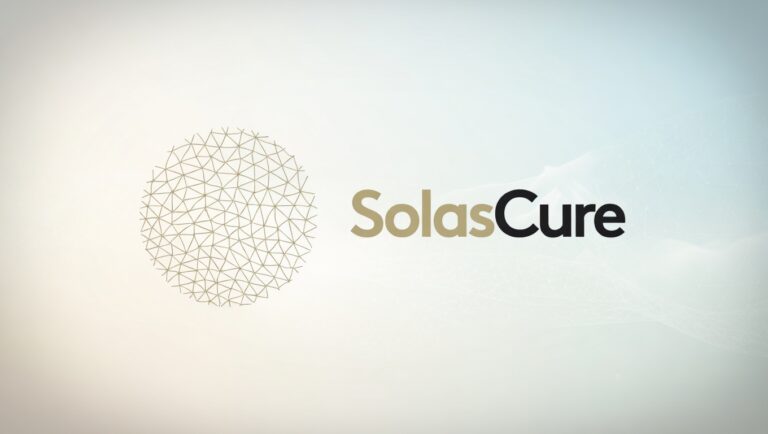
Schrödinger, Inc. (Nasdaq: SDGR), renowned for its physics-based computational platform, is launching a new initiative to enhance early-stage drug discovery by predicting toxicology risks. This project aims to improve drug development candidates by minimizing the risk of adverse effects from binding to off-target proteins, which can lead to serious side effects and development failures. This effort expands Schrödinger’s “predict first” digital laboratory, integrating its physics-based platform with NVIDIA’s AI technologies. The goal is to accelerate drug development and reduce toxicity risks during preclinical and clinical stages, addressing a key focus of the U.S. Food and Drug Administration’s Predictive Toxicology Roadmap.
The initiative is backed by a $10 million grant from the Bill & Melinda Gates Foundation, supporting the first year of research. Once developed, the technology will be accessible to the Gates Foundation’s global grantees and Schrödinger’s software customers. It will also advance Schrödinger’s proprietary drug discovery programs and collaborations.
“Drug discovery is fraught with challenges, and off-target toxicity often leads to failure. Our technology aims to prevent many of these failures by predicting toxicity with high accuracy, thus reducing safety issues and drug development costs,” said Ramy Farid, Ph.D., CEO of Schrödinger. “We are grateful for the Gates Foundation’s support, which enables us to scale this initiative.”
Trevor Mundel, president of global health at the Gates Foundation, emphasized, “Optimizing drug safety is a major challenge, and computational methods can revolutionize drug discovery by predicting toxicity more accurately before clinical trials. This could enhance pharmaceutical productivity and drive progress against diseases affecting low- and middle-income countries.”
Kimberly Powell, vice president of healthcare at NVIDIA, added, “Schrödinger’s leading platform, combined with accelerated computing and generative AI, will enhance the ability to address complex issues like predictive toxicology, speeding up discovery and improving patient outcomes.”
Schrödinger has already developed several predictive models for off-target drug activity. Recent advancements include characterizing safety-related proteins such as hERG and cytochrome P450 enzymes.
About Schrödinger
Schrödinger revolutionizes the discovery of therapeutics and materials with its advanced physics-based computational platform. This technology accelerates the development of novel drug candidates and materials at lower costs compared to traditional methods. Schrödinger’s software is used globally by biopharmaceutical firms, academic institutions, and government labs. The company also leverages its platform to advance collaborative and proprietary drug discovery programs.
Founded in 1990, Schrödinger employs around 850 people and engages with partners and customers in over 70 countries.




